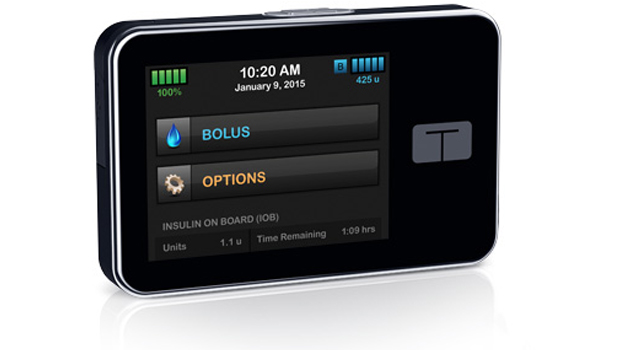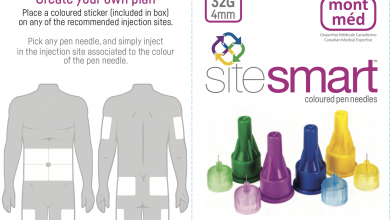Managing your baby’s complex medical needs

Written by the Progyny Editorial Team. Reviewed by Dr. Jennifer Trachtenberg — October 2025.
When your baby has complex medical needs, it’s so important to know that you are not alone and have a lot of support on this journey.
If you haven’t already, find out if your healthcare system and health plan offer a care management team. This service coordinates care around your baby’s and family’s needs. It helps with specialists, referrals, community services, and navigating costs.
Your care management and medical teams can help you feel more confident, answer questions, and guide you. Let’s go over a few aspects of your baby’s care that are really important for you to understand (with your team’s help).
Medicine, feeding, and treatment
Be clear on your baby’s medicine, feeding, and treatment schedule:
- When to give each medicine, feeding, or treatment
- How much to give
- How to give it
One way to be sure you understand the instructions is called teach back. With this, you repeat the instructions back to your provider in your own words. They can also watch you give the medicine to be sure you’ve got it. Teach back is helpful for other treatments too, like feeding tubes, breathing equipment, or monitors.
Also be sure to get any instructions in writing. This way, you’ll have it later if you’re feeling tired, overwhelmed, or just need a refresher.
Keep a detailed log of when you gave each medicine, feeding, or treatment. And learn about possible side effects and what to do if they happen.
Appointments and specialists
You are your baby’s advocate, medical decision maker, and the person coordinating care. It can be an overwhelming job but there are strategies to help you stay organized.
- Come prepared to appointments with a written list of your top 3 (… or top 10) questions to ask. This helps make sure your concerns are addressed.
- Bring another adult if you can. They can tend to the baby so you can listen fully to your healthcare team.
- Take notes during your visit. It’s very easy to forget what the provider said as soon as you walk out the door.
- Keep medical records (after visit summaries, test results, labs) in one place so it’s easier to share with different members of the care team. This can be done digitally or in a binder. Also work with your health plan to manage healthcare costs.
- Enroll your baby in your benefits, usually within 30 days of birth. Talk with your human resources department for help with this.
- Use in-network providers, which will cost less and may be easier to use.
- Ask about pre-authorization, which is required by some health plans before you can schedule medical visits or procedures.
- Request a case manager from your health plan. They can be a big help navigating care.
Digital tools
Digital tools can help you stay on top of everything more easily. A few to consider:
- Patient portal: Sign up for your provider’s online patient portal to easily see your baby’s medical records, schedule appointments, and communicate with your team.
- Tracking tools: Ask your team what digital tracking tools they recommend. For example, it may be helpful to track medicines, treatments, feedings, and diapers or output.
- Digital wellness: Find out if your health insurance offers digital wellness tools, including ones to help you manage your own stress and self-care.
Emergency planning
Have a clear emergency plan in place in case of a power outage, natural disaster, or if you need backup caregiving. This should include:
- Your healthcare team’s contact information
- Backup supply of medicine and specialty formula
- Medical records including:
- Health conditions
- Medicine list
- Allergies
- A complete checklist of devices, medical equipment, and supplies so you can prepare them in a hurry
- Plan for transportation and mobility aids
- Backup power such as battery packs or a generator
Find out if your utility company has a medical priority program to get power back on for you as soon as possible.
Self-care for you
As you care for your baby, it’s so important to find ways to look after yourself and the rest of your family too.
- Read our tips for caring for yourself when you have a baby with health needs.
- Talk with your baby’s care team for ideas and resources.
- Give your Progyny Care Advocate a call any time you need guidance.
You’re going through a lot — taking care of yourself will help you be your best for your little one.
Disclaimer: The information provided by Progyny is for educational purposes only and is not medical advice. Always consult a qualified healthcare provider for medical guidance.
The post Managing your baby’s complex medical needs appeared first on Progyny.
What's Your Reaction?
 Like
0
Like
0
 Dislike
0
Dislike
0
 Agree
0
Agree
0
 Disagree
0
Disagree
0
 Excellent
0
Excellent
0
 Useful
0
Useful
0
 Great
0
Great
0















































































































































